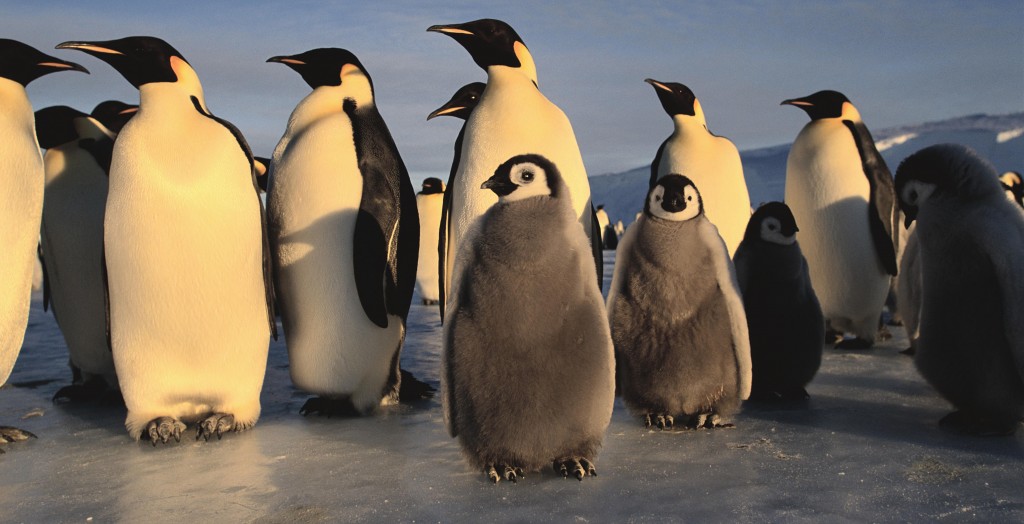New Zealand’s Monster Penguin
Monday, August 26th, 2019August 26, 2019
In New Zealand, a newly identified species of ancient giant penguin—or “monster” penguin as dubbed by the Canterbury Museum in Christchurch—has added to the southwest Pacific island nation’s roster of extinct oversized animals. The leg and foot bones of Crossvallia waiparensis, a 5-foot, 3-inch (1.6-meter) tall, 180-pound (80-kilogram) penguin, were found in Waipara, North Canterbury, on New Zealand’s South Island.

This illustration shows the ancient giant penguin Crossvallia waiparensis alongside a modern human. Credit: © Canterbury Museum
The ancient “monster” penguin bones were discovered in 2018 at Waipara Greensand, a geological formation that has produced significant penguin fossils before. Researchers from the nearby Canterbury Museum and the Senckenberg Natural History Museum in Frankfurt, Germany, studied the penguin fossils, and they named C. waiparensis as a new species in the Aug. 12, 2019, issue of Alcheringa: An Australasian Journal of Palaeontology.
C. waiparensis, which lived during the Paleocene Epoch between 66 million and 56 million years ago, was roughly four times larger than the emperor penguin, the largest of all modern penguins. During the time of C. waiparensis, New Zealand was still attached to Australia, which was once connected to Antarctica. A related prehistoric giant penguin, Crossvallia unienwillia, was discovered in Antarctica’s Cross Valley in 2000. The leg bones of both giant penguins suggest their feet were more adapted for swimming than those of modern penguins, and they may not have stood upright as modern penguins do.

Emperor penguins, seen here in Antarctica, are the largest living penguins. They stand about 3 feet (1 meter) tall and weigh as much as 100 pounds (45 kilograms). (Credit: © Shutterstock)
Prior to the discovery of C. waiparensis, New Zealand’s legacy of ancient giant critters already included the world’s largest parrot (Heracles inexpectatus), a massive eagle (Hieraaetus moorei), a dog-sized burrowing bat (Vulcanops jennyworthyae), the more than 6-foot (2-meter) tall moa, and other giant penguins.



